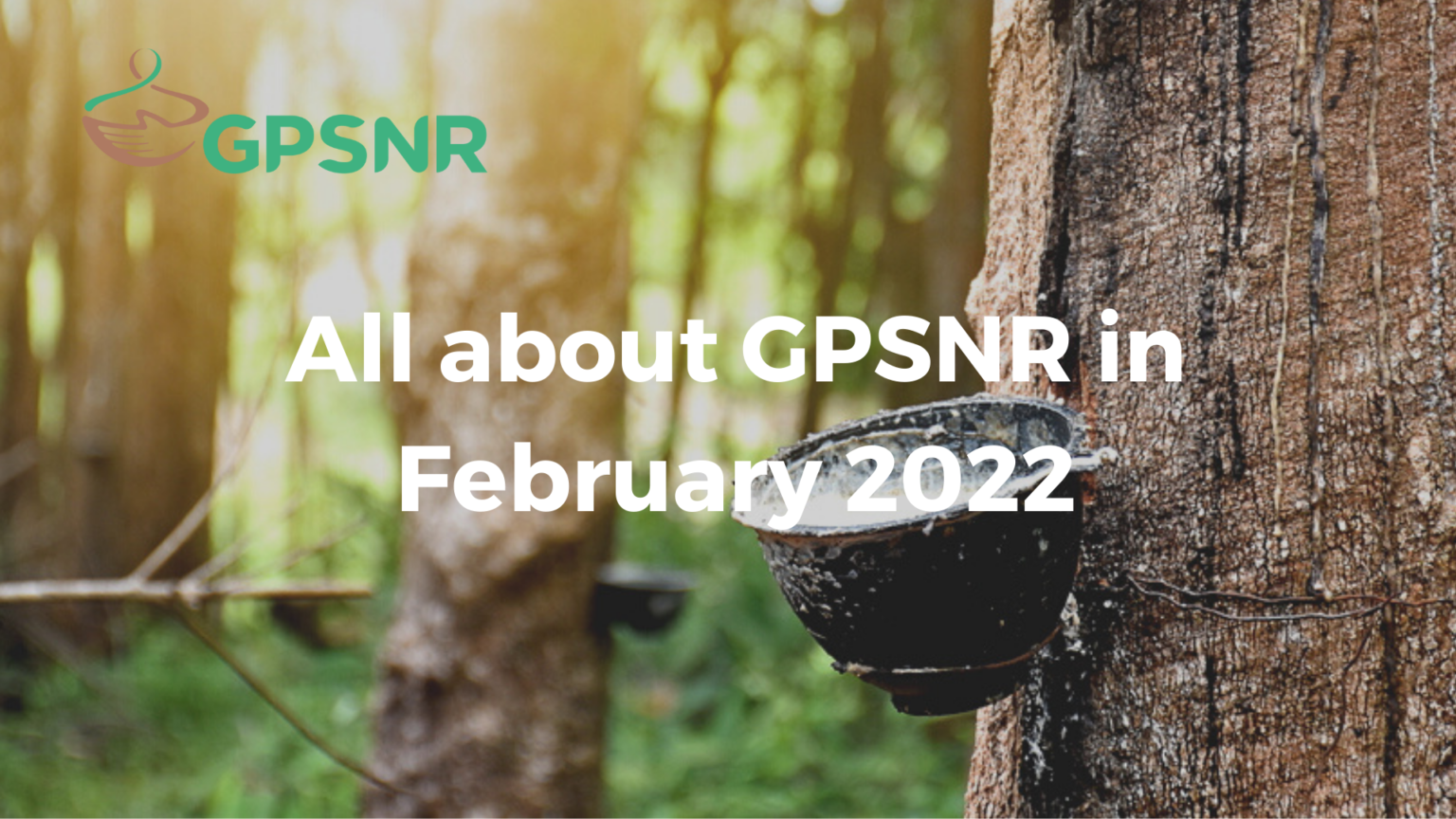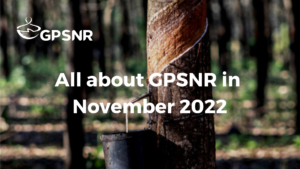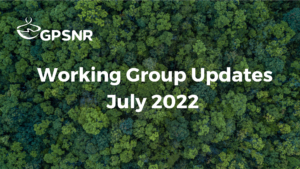All GPSNR working groups have a large chunk of work ahead of them. Here are all their updates:
Strategy and Objectives Working Group
After completing the intensive task of publishing the Theory of Change, the strategy and objectives group is working on developing its own next steps based on this Theory of Change. In the same spirit, the group has also updated its own Terms of Reference and membership. It is now focused on developing the RFP for the Economic Risk Study, which will be published soon. Currently, they are developing GPSNR’s approach to managing and evaluating risk (commonly known as the risk-based approach in meetings!).
Smallholder Representation Working Group
Apart from initiating outreach to smallholders with a view to organise onboarding workshops in countries such as Liberia, Ghana, Malaysia and Colombia, the group is focussed on its newly formed task force to develop the GPSNR Smallholders Policy Framework. The first meeting of this task force will be in March 2022. The group is also preparing for the first Smallholders International Call of the year in March 2022.
Policy Toolbox Working Group
This group has already recruited new members for three of its subgroups: Transparent reporting roadmap, Implementation Guidance and RR Guidance & Tools. In the coming months, they will be developing guidance for the reporting requirements and a transparency reporting roadmap before the reporting cycle begins in the middle of 2022.
At the same time, the group continues to refine a major part of the assurance model: the Implementation Guidance, which it aims to have ready before the General Assembly of 2022. Additionally, this group is busy finalising the compliance panel’s operational guidance.
Capacity Building Working Group
As we begin a year of implementation in Thailand, this group is working on reviewing and finalising strategy and approach for Capacity Building in Thailand, including the integration with Agroforestry Task Force workstream based on discussions with the Rubber Authority of Thailand on 24 February 2022.
The working group is also continuing to develop and implement capacity building plans for Indonesia and Ivory Coast, and will soon appoint service providers for GAP Coaching in Indonesia
Traceability and Transparency Working Group
Having received members’ input on the traceability guidance, representatives from the working group are now finalizing the benchmark based on the feedback.
Shared Responsibility Working Group
The Shared Responsibility working group has completed the first draft of the Shared Responsibility (SR) framework, and has presented the same to the Executive Committee. The consultant is now working on incorporating feedback from the Executive Committee into this draft.






